What you’ll learn
- What type of welding inspector they can become
- steps to become a certified welding inspector ( acredited liscenced )
- how to make a continuing career in welding inspection
Requirements
- No
Description
Ever wonder how welding inspectors get to do their job? Questions like; Do you have to be a welder? What kind of education does it require to have? How much does it pay? etc…
This course will give you all the information you need as to inform you of •What kind of person is a welding inspector •The different types of welding inspector •Their scope of work •Steps in becoming a welding inspector •Which industry could you work for • And the best -tickets to have.
At the end of the course you will be well educated on where to go and how to start your career and see if you have the right tools in becoming a welding inspector.
As a certified welding inspector, I have experience way to often these types of questions because a lot of people admire the type of work that I do. And think this is a good way to start a very well lucrative career. This is career allows you to be your own boss, own your own business and be independent. You start off as a team player and over the years you earn seniority and experience were confidence is key to success.
Who this course is for:
- welders, new high school graduates, Technologist, Engineers, middle class income earners
